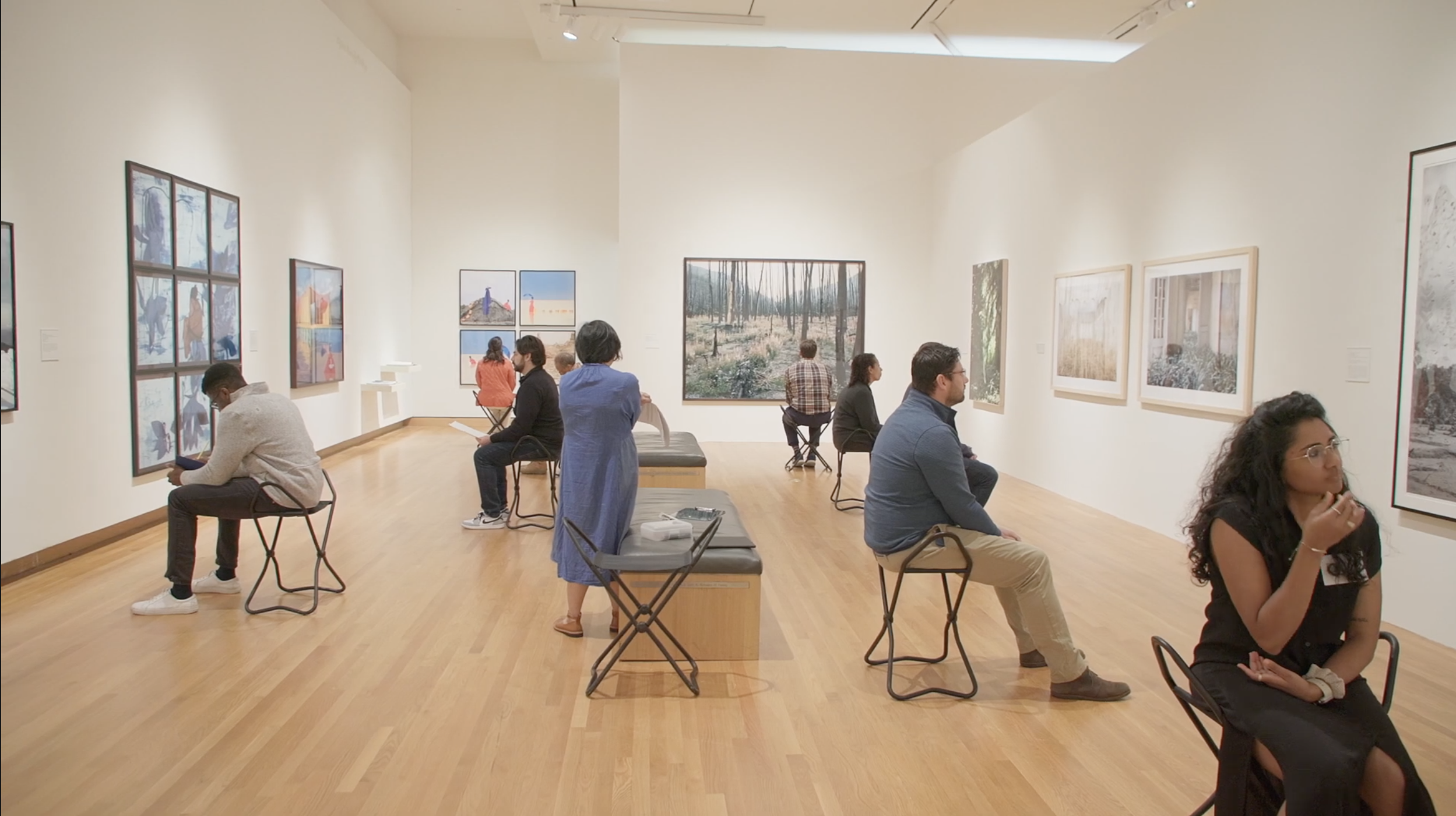

The corporatization and commodification of modern medicine has transformed medicine into what economists have called a “fixing-people production line.” Accordingly, surgical education focuses on training efficient technique.
Within this environment, surgeons increasingly report having lost a sense of meaning and purpose in their work. When social scientists recently asked a representative sample of U.S. surgeons whether they would encourage their own children to pursue a career in surgery, half said “no.” In the same study, 40% of surgeons met criteria for burnout, 30% screened positive for symptoms of depression, and 28% reported low mental quality of life. Furthermore, 18% of surgical trainees leave surgery altogether after only a single year of training.
We have embarked on an ambitious and laudable goal: to become good surgeons. Good surgeons are not just technically competent but also the kind of surgeons we would hope for our loved ones and the kind of people our world needs us to be. TheGood Surgeon curriculum is designed to engage with what is broken or missing in our profession. It is designed to create space, a parallel community, where we can discuss some of life’s big questions that surface in surgical training.
The Good Surgeon is centered around eight small group dinners over the academic year, where residents and faculty surgeons discuss enduring questions and big ideas. These dinners are supplemented by three, day retreats.
By drawing on narrative medicine, the humanities, and the arts, the curriculum helps surgeons explore life's most poignant questions:
“What am I aiming for?”
“Who am I becoming?”
“Who are my people?”
“Who is my patient?”
“Who are my patients’ people?”
“How do we live after failure?”
“How do we respond to brokenness?”
“How should we then practice surgery?